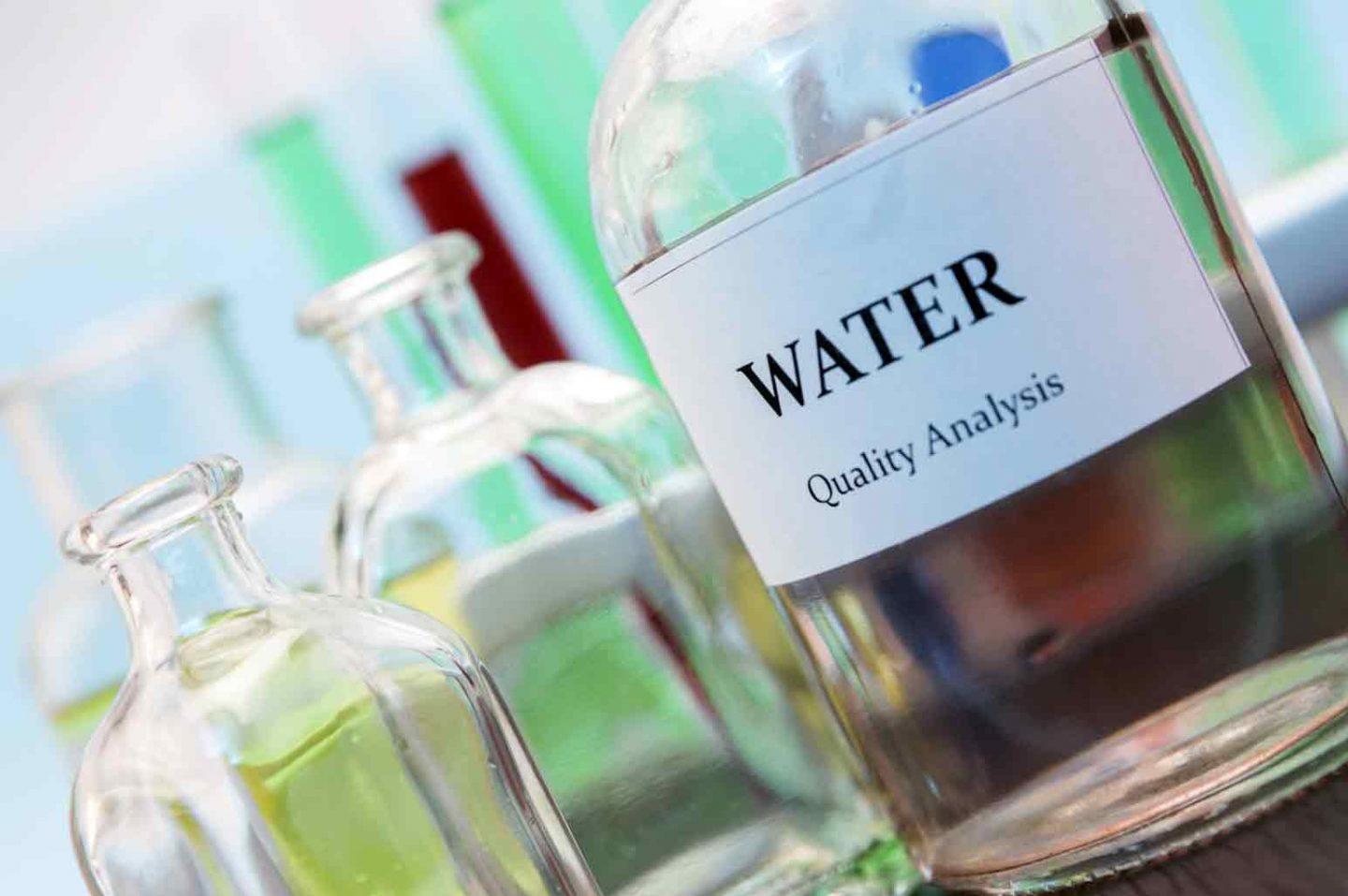Water is an essential part of life. The quality of the water in your home is very important to daily life functions. Water can contain hundreds of contaminants that can cause illnesses in humans and animals. What can pass for regulated (legal) water may still not be safe for use. To find out if your water is safe you’ll have to do an analysis on it and test for contaminants.
Whether you’re connected to a public system, have a personal well, or using some other form of water filtration method, you should still analyze your water. You want to make sure that you are using the best water possible in your home.

Testing Your Water And What It Means
You can start with a blind analysis, meaning that you examine the water from what you can see, taste, and smell. This can tell you whether you need to do a water test or a more advanced analysis. It is important that you find out what’s in your water before you consume or use it. Some things found in contaminated water can make you extremely ill. One example of this is lead.
Different Types Of Test:
Before you analyze your water, you’ll need to think about what method of testing you’ll use to confirm your findings. There are various tests available, some of which may require a professional lab. For the best results, it is best to have trained professionals do the testing for you.
- Test Strips
Test strips can be bought or ordered for home use. They work by changing color based on the pH or chlorine levels in the water. Once a color appears, you can use a chart to match it. This chart will tell you what is happening with your water. However, these strips aren’t as accurate as other methods of testing.
- Color Disk Kits
Color disk kits or drops kits work by using a small amount of water mixed with a powdered solution or added liquid drops in a test tube. The water will change color, at which point you should match the color to a chart that will indicate the chemical found in the water. This test is more complicated and there is room for error, but it is generally more accurate than test strips.
- Digital Instruments
There are digital instruments that can also be used to test your water. These are more expensive than the previous two options and require training on how to operate them properly. For this reason, they are often used by professionals only. They can be used to test for things like bacteria, chemicals, and pH levels. Some of these instruments include a luminescent testing device and electrochemical testers.
- Lab Test
The most effective and accurate tests are done at water testing labs. These companies have various tests that can be done on your water. This variety, level of skill, and contained facility ensure that the results are the most accurate out of all the methods of testing. Lab technicians are highly trained and know what to look for. They will be able to give you a thorough report which you can use to address whatever issues you may have with your water supply.

What To Look For:
When testing your water, there are three major things you should be looking for. These things can help you determine what is wrong or if there is a noticeable issue. If you see signs of these things, you should get your water tested right away.
- How Does It Look?
Look to see if your water is discolored or cloudy. You may even notice a muddy or murky appearance. All of these things are clear signs of problems with your water.
- How Does It Taste?
Does the water taste like chlorine? Maybe it has a metallic taste. Sometimes you may even taste something salty or muddy. All of these are signs that your water is compromised in some way.
- How Does It Smell?
The smell of rotten eggs or fish in the water is also a bad sign. You may also smell chlorine or other chemicals, which are also something to pay attention to. This can tell you the possible source of your water.

Something else you may want to take into consideration are existing health issues. If after testing your water you find that it is contaminated, you should bring this up with your doctor. A lot of times illnesses can be directly linked to what we consume and the water you take in can be one of the main culprits.
